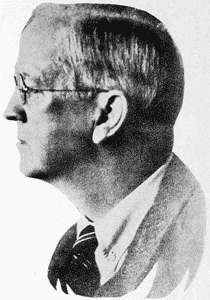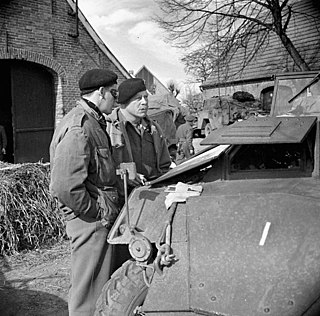A Quote by Fred D'Aguiar
The first hit on the nervous system is the one I'm most interested in, because I think if you hit the reader emotionally, the reader can't guarantee the lessons they would like to learn.
Related Quotes
I have three boys. And I wanted to make sure it connected with them and then those guys who grew up like me, in environments like me.And then I knew something about science that your New York Times reader would be interested in. So I was thinking about it in multiple ways: I'll connect with the people who grew up like me first, and then the New York Times reader will be interested in the science because it's so good and they want to be "in the know."
The most important thing, my father told me, which I have never forgotten, and which I have often put unto practice was: If you get into a quarrel with anybody, hit him first. "If you hit first, the battle is half-won," my father always said "Don't let him hit first. You hit him first." "What's more," he never forgot to say, too "Usually one blow is all you need." I found this to be true.
I believe I accepted the first hit of crack because I am an addict, and that's what addicts do. There was nothing extraordinary going on in my life at the time - nothing beyond the normal pressures and ups and downs that all people face. I did not believe I would be hooked. I think that is probably true of most addicts and alcoholics. I haven't met anyone yet who said he or she took their first hit or drink knowing or even suspecting they would drink alcoholically or become addicted.
Chemistry is really about two people who like to act together, I think. It's like tennis in the most cliched way. It's like if you hit the ball, they hit the ball back, and they don't hit it into the stands, and they don't put the ball in their pocket and walk off - and they don't argue with the umpire, you know?
It is obvious enough for the reader to conclude, "She loves young Emerson." A reader in Lucy's place would not find it obvious. Life is easy to chronicle, but bewildering to practice, and we welcome "nerves" or any other shibboleth that will cloak our personal desire. She loved Cecil; George made her nervous; will the reader explain to her that the phrases should have been reversed?
In my couple of books, including Going Clear, the book about Scientology, I thought it seemed appropriate at the end of the book to help the reader frame things. Because we've gone through the history, and there's likely conflictual feelings in the reader's mind. The reader may not agree with me, but I don't try to influence the reader's judgment. I know everybody who picks this book up already has a decided opinion. But my goal is to open the reader's mind a little bit to alternative narratives.
Write what you want to read. So many people think they need to write a particular kind of book, or imitate a successful style, in order to be published. I've known people who felt they had to model their book on existing blockbusters, or write in a genre that's supposed to be "hot right now" in order to get agents and publishers interested. But if you're writing in a genre you don't like, or modeling yourself on a book you don't respect, it'll show through. You're your first, most important reader, so write the book that reader really wants to read.
For me, one of the reasons I love this form - the personal essay form - is because it's a way of forming an intimacy with the reader. What I'm saying to the reader is: I'm going to tell you something; I'm going to be generous; I'm going to offer. The confession, on the other hand, is sort of an imposition because you're asking the reader to forgive you or somehow exonerate you or say, "Hey, I'm even worse." But what I'm interested in doing is being generous and offering a perspective or suggesting a way of thinking about something.







































